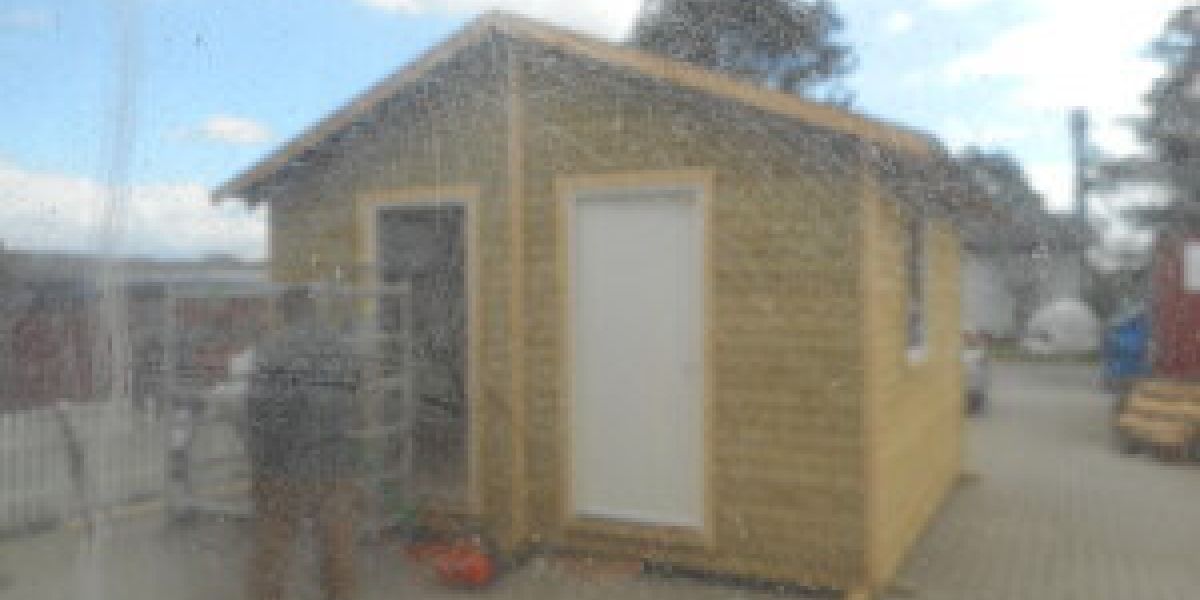An Erasmus+ program offered me a last minute chance to join a study trip to Denmark to learn about the Danish educational system. I am especially interested in the solutions they have for inclusion/ exclusion of pupils.
Today we visited a production school. This is a special facility where students between age 15-25, who are "school tired" (meaning they are having a hard time staying in school for different reasons, such as low IQ, difficult family situation, psychological problems, etc) can go. They follow practical education for maximum one year, where they work on (in this order):
1. personal development
2. social development
3. practical/technical skills
The main goal of the program is for them to find an answer to the question "what is the way for me?". They get help getting their life on track.
How does it work? There are several workshops, which you can see below. They perform work, in part for customers. The financial model involves in part government funding, in part profit from the work that is done. Students are payed about € 1 per hour for the work they do.
On the left image there's a little part of the "pedagogical workshop" where students are training to work on creative things with children (for example in daycare), to do hairdressing, sewing and art. In the middle you see the music studio where students learn to make music together and record their music, sometimes working with local bands. On the right you see one of the school's bands. Because they have only been together for a short time I did not expect them to be so good but they were!! They make money by performing during parties, school parties, etc.
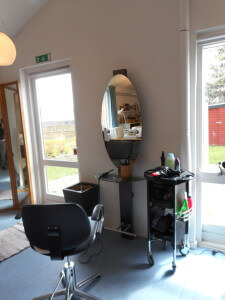
Pedagogical workshop
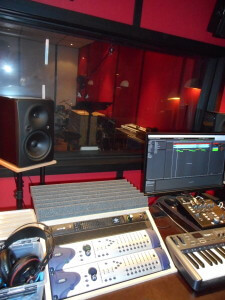
Music studio
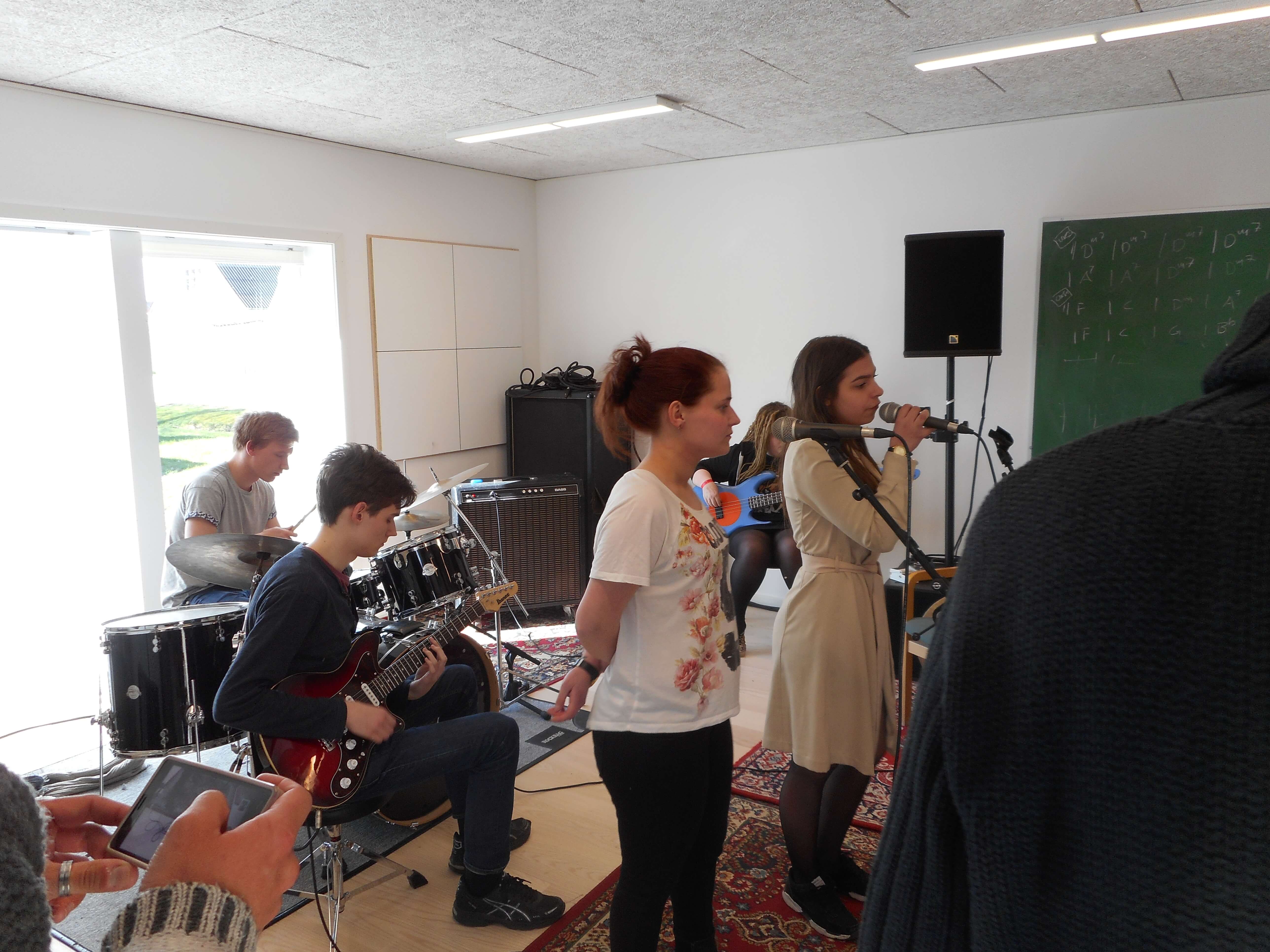
School band
In the woodworkshop students train to be carpenters and do woodworking. They are hired by local companies for production work. The house below is a house they are currently building.
In the garage students do mechanical work on cars. Local people bring their cars in that need reparation. One of the Danish teachers accompanying us said he brought his car in recently and it still works well :-).
In the television workshop they produce 2 hours of tv material per week, for the local television network. They use professional equipment and are paid, as long as they reach a minimum amount of viewers of 15.000 per month. Luckily, they have 30.000 and another 20.000 online per month.
In the IT workshop, students learn programming, building websites and 3d printing. Yearly, they create about 10 websites for companies or individuals.
Lastly the kitchen workshop. Here students learn to cook etc. We had cake and coffee that they had prepared. Every day they provide breakfast and lunch for the 100 students in the school.
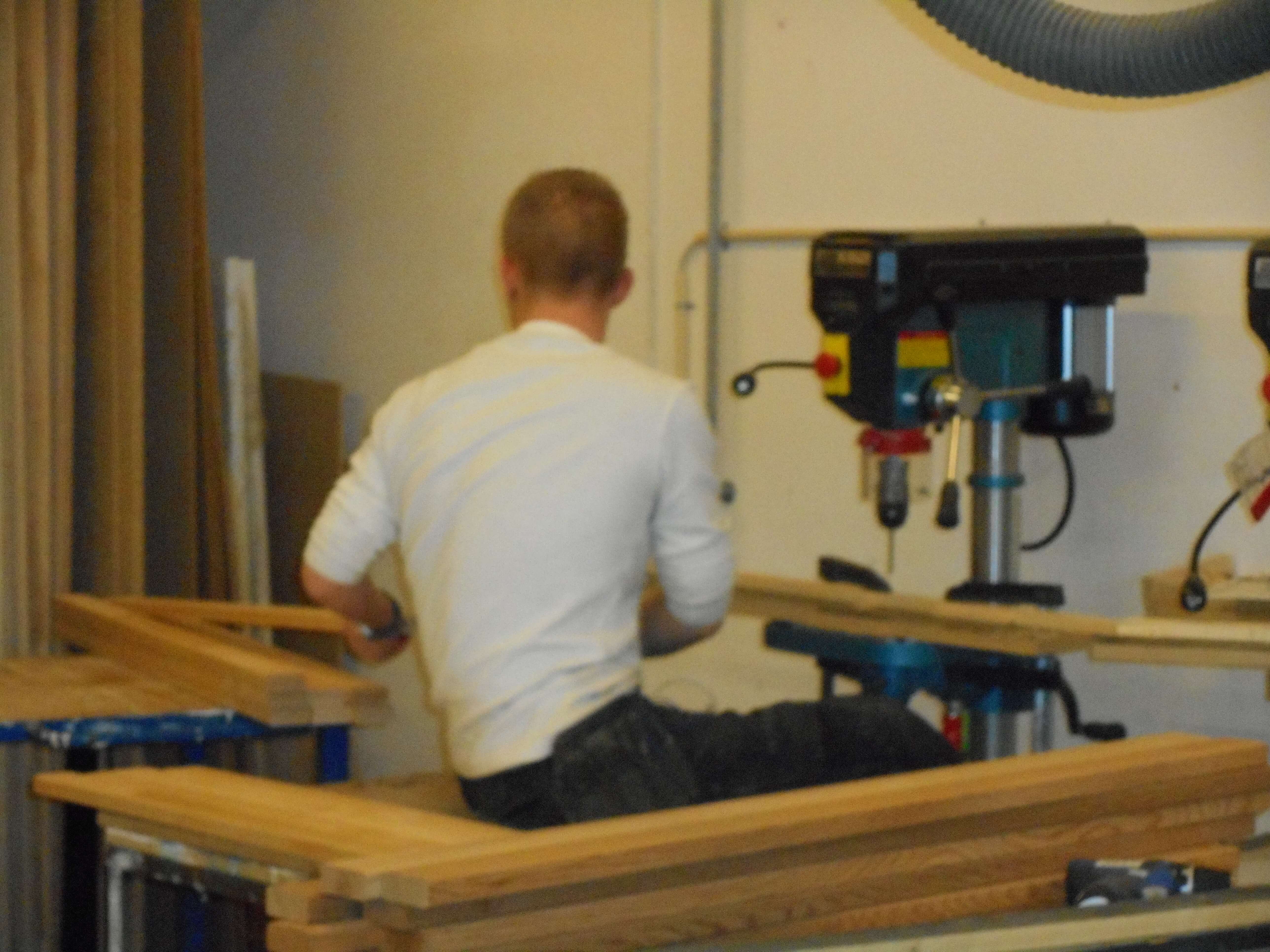
Wood workshop
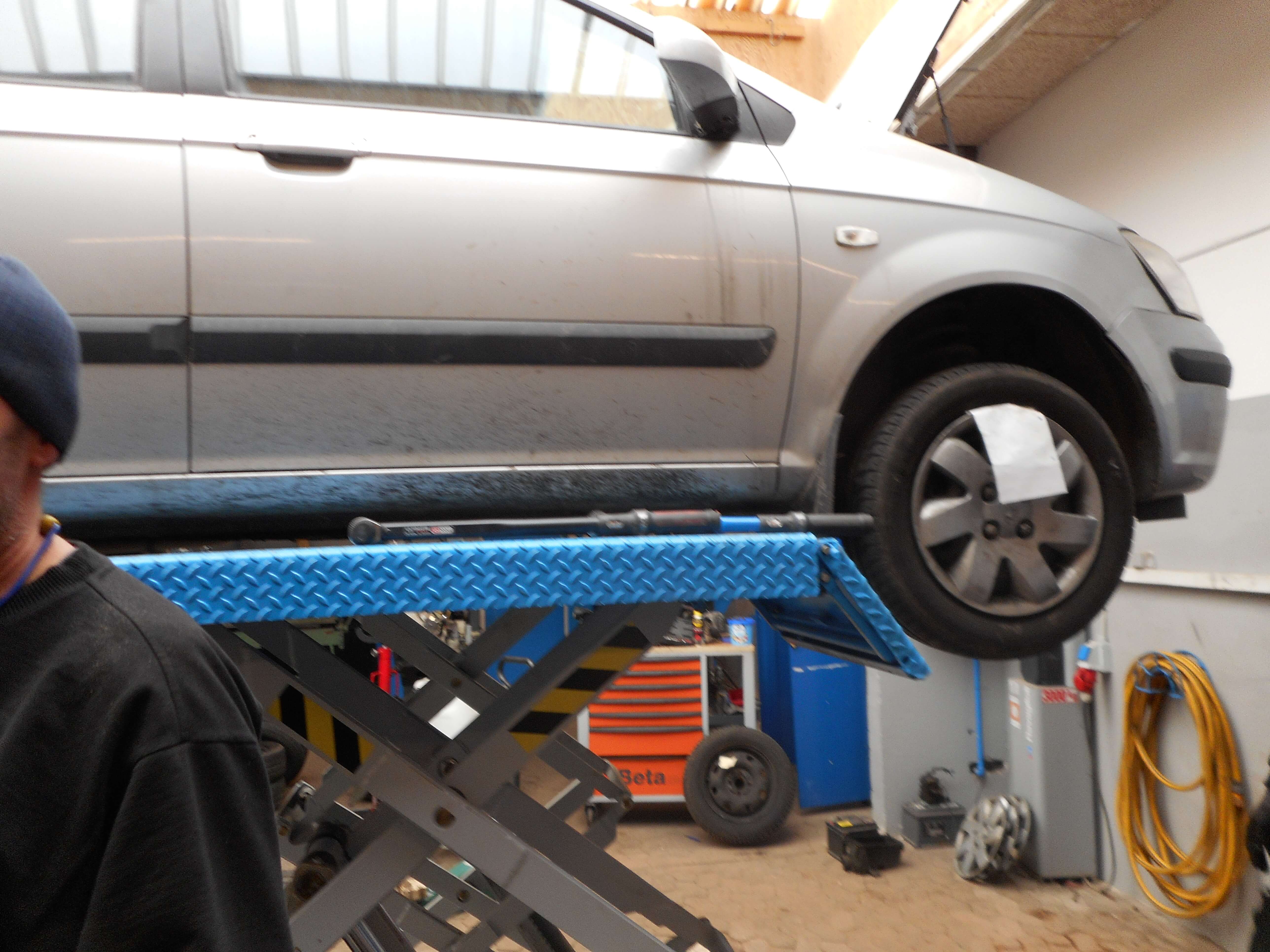
Car garage
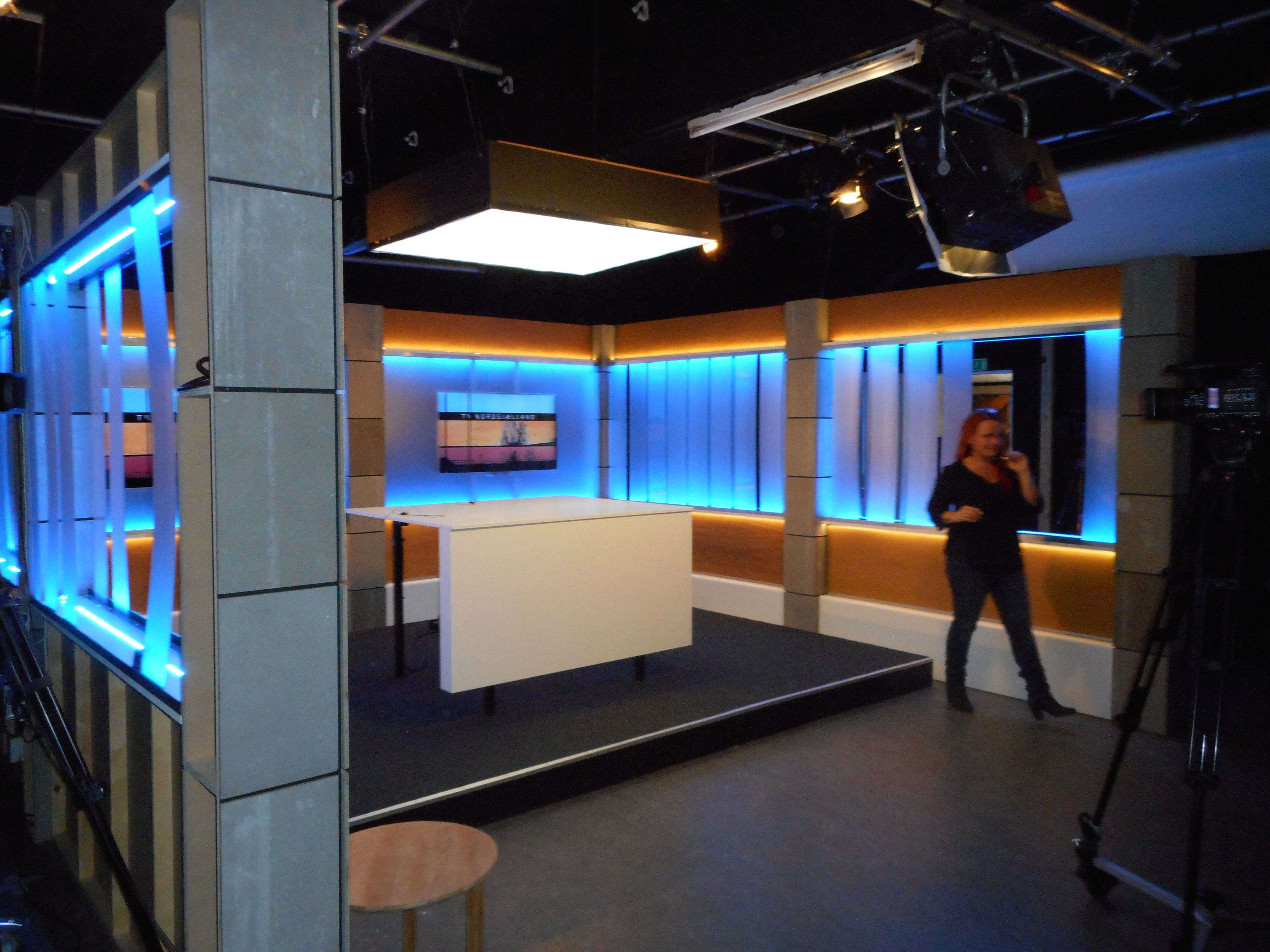
Television workshop
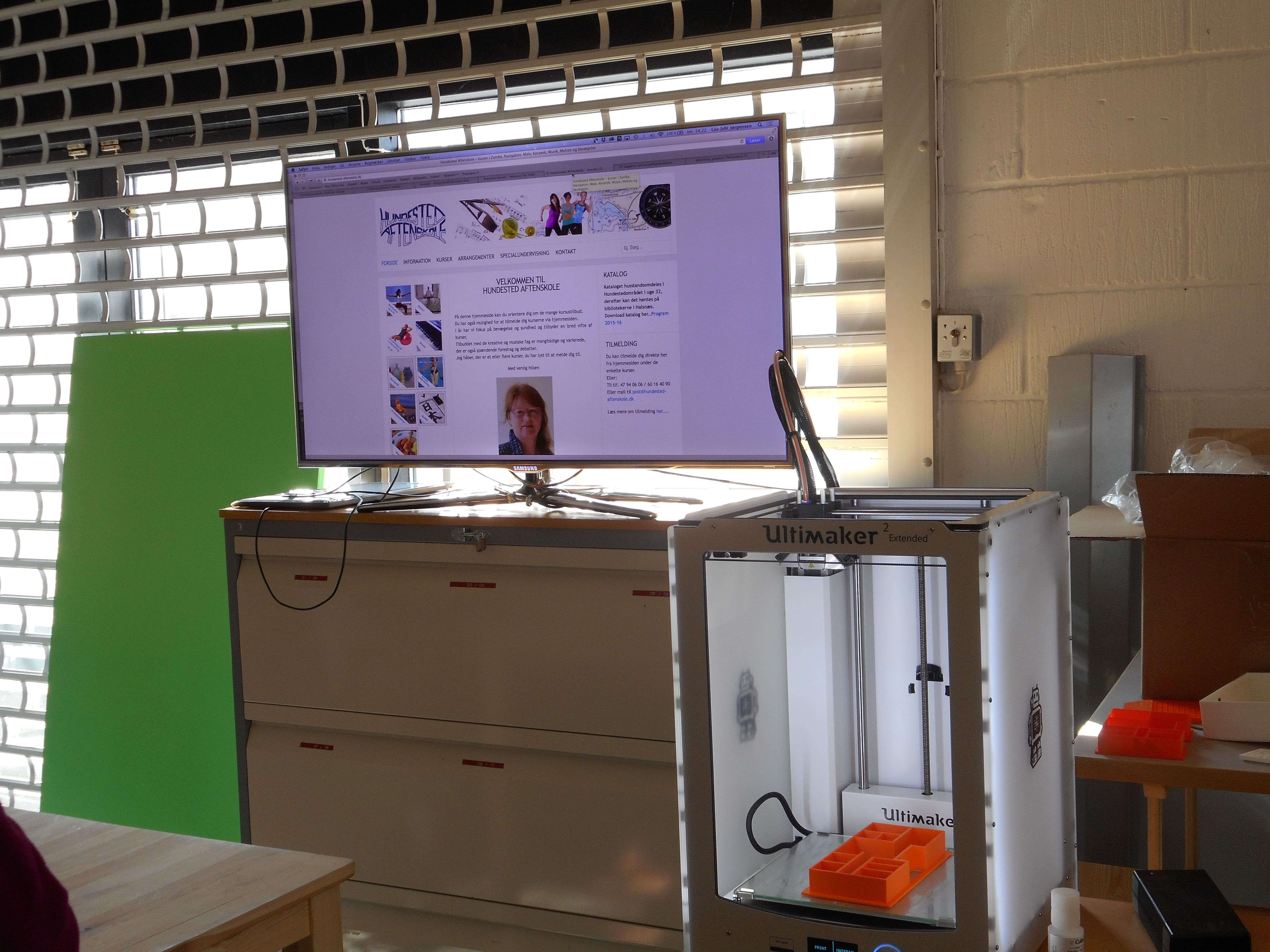
IT workshop
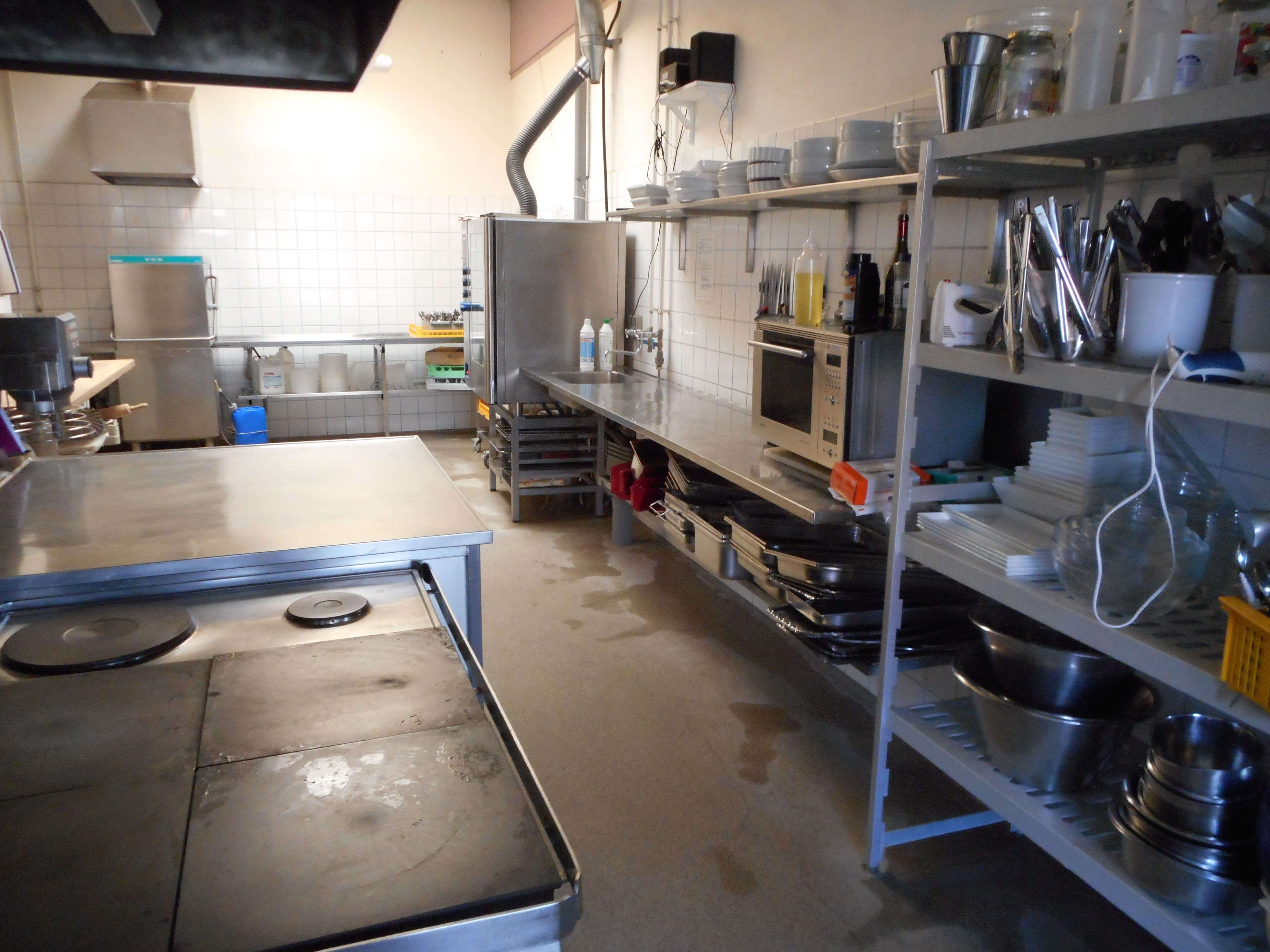
Kitchen workshop
All in all it seems like it is a successful project - students find fun again in learning. They build confidence (many come from broken homes and very negative social and educational experience). Whenever they start, they start by setting personal development goals with a counselor. They might work on building confidence, being less shy, learning to be on time in the morning - even though they have a drug problem, etc.
Internal research shows that students are happy in the school and there is NO bullying, which is amazing seeing the selection of students and their backgrounds. I spoke to quite a few students - whose level of English was amazingly high - and they were very friendly, happy to show their work and explain what they were doing. They all said how much they liked the school.
On the downside: what happens to these students when the year is over? The school counselor spoke about how hard it is to find a subsequent placement for these children. The requirements for technical educational programs are sometimes linked to high school grades, which these students sometimes don't have. There is a shortage of work and so they cannot always start to work. However a teacher mentioned that about 75% of the students continue into further education.
